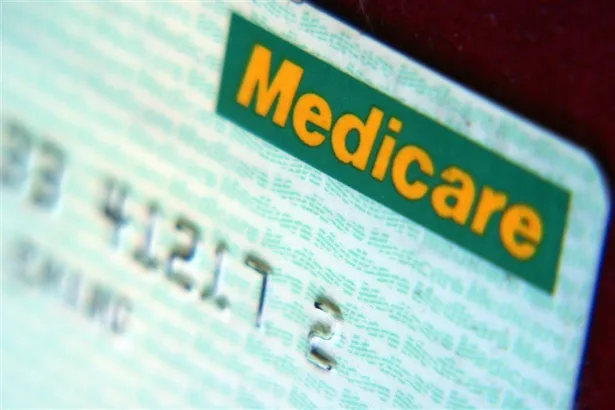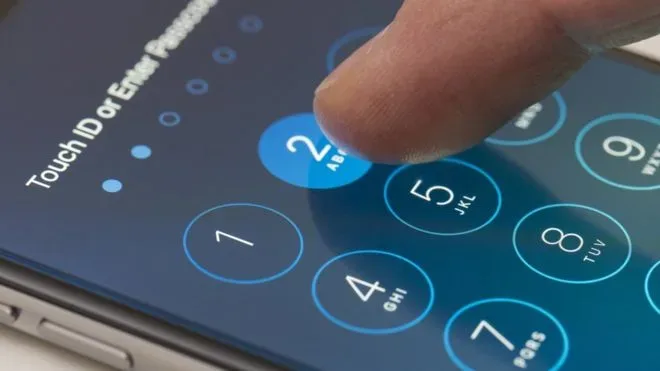Social Security Numbers, also called SSNs are an integral part of an American’s life. This identification is used everywhere. From filing taxes to having a bank account opened to applying for necessities like Medicare to applying for loans, SSNs are required all over. In the past decade alone, more than 158 million Americans lost their data to several social security number hacks. This puts a very large number of Americans at risk of identity theft. Politicians and policymakers are therefore seeking a change in policy.
The current SSN system in America has been in place since 1936. Almost everyone in authoritative positions agrees that the social security number system is outdated and needs an update. The path to get to an update is, however, still a dispute. Some of the solutions presented are expensive. Some of them are difficult to carry out. Most are both. Vice President and Chief Technical Strategist for Cybersecurity in McAfee says:
“You can’t have 80 percent of your numbers compromised and continue to consider it a secure form of identity.”
Smart Cards: A solution
The most popular solution to this SSN breach problem is using a smart card. There are many arguments in favor of smart cards. One of the most easily put comes from a nonprofit organization called CSIS or Centre for Strategic and International Studies. Their ideas mostly revolve around national security or foreign policy concerns. The CSIS presents a solution which means converting the Social Security Number card into a smart card. This card would look and function exactly like the modern credit card. It would have a readable magnetic strip and have a permanent SSN but the catch is having a ‘proxy’ number as well which will be easily changed whenever compromised. People high up in the CSIS management further assert that people are already comfortable with smart cards. Moreover, the technology needed is also well-known and well-tested.
Smart Cards: Cons
However, arguments against smart cards are also lofty. The primal argument, in this case, is the one discussing the ginormous expenses needed to fund this idea. Paul Grassi served as senior standards and technology adviser at National Institute of Standards and Technology. He says:
“Giving me a smart card does nothing unless the entire global infrastructure of global institutions is changed to be able to interact with a smart card. It’ll never happen. The cost would be too astronomical.”
Joe Stuntz, principal of cybersecurity at One World Identity, presents another similar argument. He says:
“I can’t see a budget environment where this gets prioritization over some of the other things that need to be funded in terms of cybersecurity or identity.”
Also read: Moscow data leak worries many
Alternative Paths:
The solution that Joe Stuntz presents is interesting as it involves the smartphones that everyone has. According to him, this is a much cheaper and more viable solution. According to him, this idea is way easier to implement as smartphones already have apps that use security measures for personal reasons. He says:
“When smartphones have secure environments that could hold this type of information and be more accessible, I don’t think the cost of a smart card is justified in that report.”
However, everyone also agrees upon the fact that national security is not the venue to test new technology. The quest for a safer and innovative yet cost-effective solution continues.
Come back again for more updates!







Share Your Thoughts